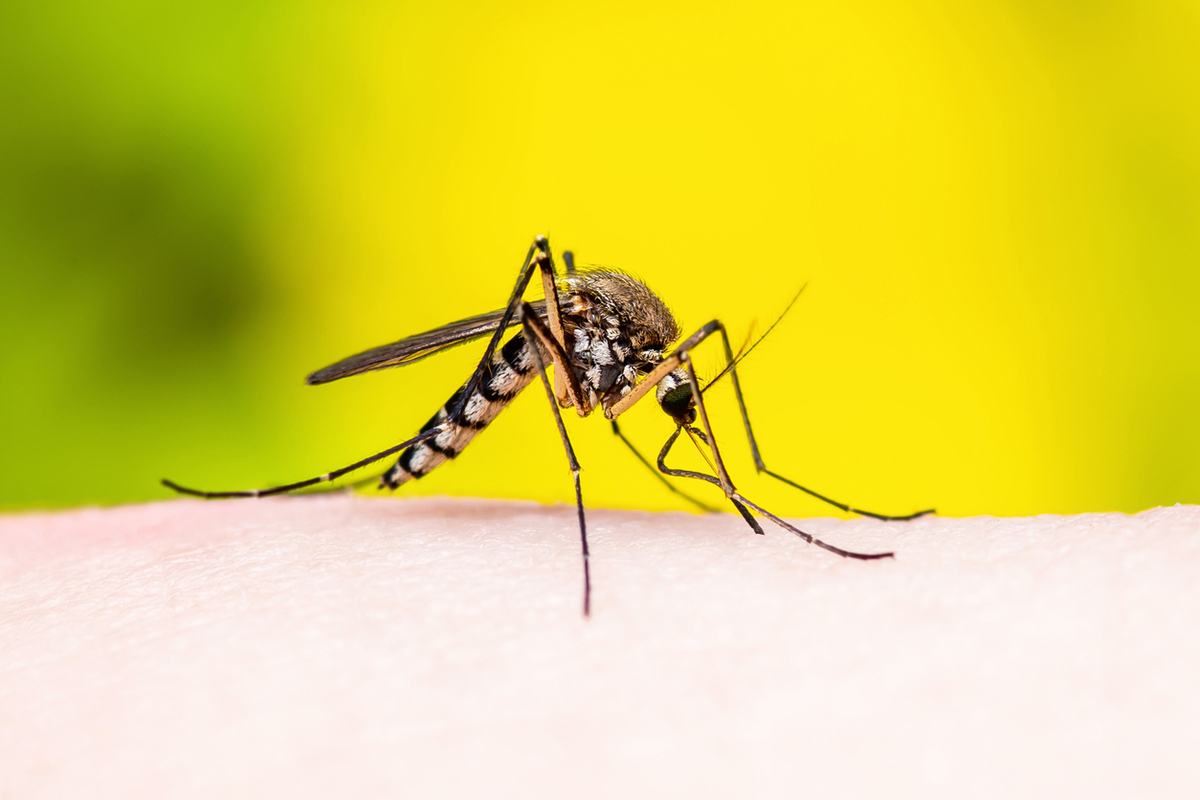
GM Mosquitoes with Toxic Semen Offer Faster Solution to Control Mosquito Populations
January 8, 2025| |
A new biological pest control method, called Toxic Male Technique (TMT), could be a faster and more effective solution for reducing the threat of insect pests, such as disease-carrying mosquitoes, compared to current methods. TMT was developed by experts from Applied BioSciences and the ARC Center of Excellence in Synthetic Biology at Macquarie University.
Insect pests, particularly mosquitoes like Aedes aegypti and Anopheles gambiae, are a major threat to global health and agriculture, causing widespread diseases and economic losses each year. In mosquitoes, only the females bite and transmit diseases, such as malaria, dengue, and Zika. As pesticide resistance grows and environmental harm increases, genetic biocontrol is gaining attention as a promising alternative for pest management.
TMT works by genetically engineering male insects to produce venom proteins in their semen, which will be transferred to females during mating. These proteins significantly shorten the females' lifespan and reduce their ability to transmit diseases. Laboratory tests showed that modified males shorten females' lifespan by 37-64%, and computer simulations suggest this method could reduce blood-feeding rates by 40-60% compared to traditional methods.
For more information, read the study from Nature Communications.
| |
You might also like:
- Australian OGTR Receives License Application for Commercial Release of GM Mosquitoes
- Brazil Releases Genetically Modified Mosquitoes to Combat Dengue Cases
- Djibouti Launches the Pilot Release of GM Mosquitoes
Biotech Updates is a weekly newsletter of ISAAA, a not-for-profit organization. It is distributed for free to over 22,000 subscribers worldwide to inform them about the key developments in biosciences, especially in biotechnology. Your support will help us in our mission to feed the world with knowledge. You can help by donating as little as $10.
-
See more articles:
-
Plant
- Australian OGTR Invites Public Comments for Field Trial of GM Sorghum
- Study Concludes GM Maize DP-915635-4 As Safe As Conventional Counterpart
- China Issues New and Renewed Biosafety Certificates for GE and Gene-edited Crops
-
Animal
- GM Mosquitoes with Toxic Semen Offer Faster Solution to Control Mosquito Populations
-
Food
- FSANZ Calls for Comment on Food from New GM Soybean
- Accelerating Agricultural R&D Transfer Enhances Global Food Security
- Study on GM Rice to Cure Hay Fever Moves Forward
-
Environment
- ISAAA GM Approval Database Feedback Survey
-
Read the latest: - Biotech Updates (January 28, 2026)
- Gene Editing Supplement (January 28, 2026)
- Gene Drive Supplement (February 22, 2023)
-
Subscribe to BU: - Share
- Tweet

